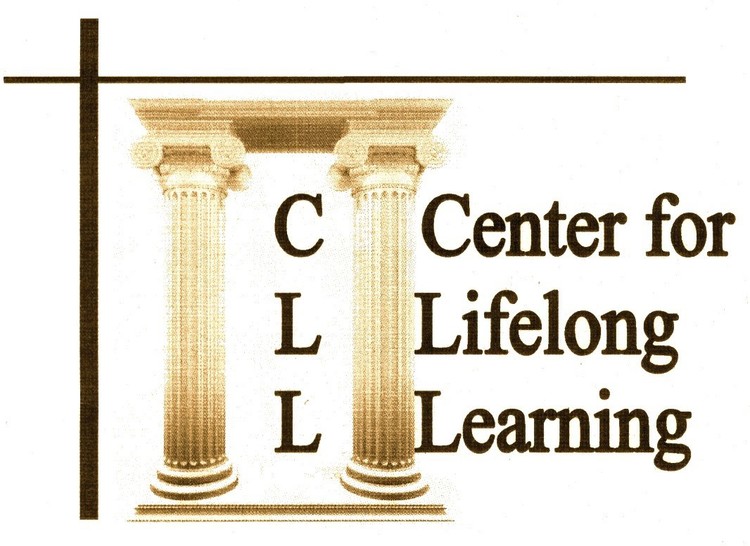William Sypher
How Children Learn Their First Language
Einstein said that learning one's first language is our greatest intellectual achievement. This is not an excessive claim. Languages are immensely complex, yet children learn them with virtually no instruction. They just need to hear it. William Sypher will explain this process in a presentation on Tuesday, March 11 at 2 p.m. in the Clubhouse II auditorium.
Early on children make many creative mistakes which don’t need to be corrected because it is their way of guessing and discovering the rules. For instance, a child may say “I hitted the ball,” or, "We have mouses." After one is told to behave, the child later asks, "Am I being 'have' now?" These are original inventions, not imitation.
Modern consensus is that the only way to account for such prodigious development is that children have innate ideas of the form of languages. Equally amazing is that a child constructs the language not from a pristine form of English, but from a degraded form including fragments, false starts, and vocalized pauses (uh, well, like, you know).
Learning a second language at school is completely different from learning a first language. It is conscious instruction with rules defined and explained, mistakes routinely corrected, and practice encouraged.
Sypher has a Ph.D. in psycholinguistics and 30 years of university teaching experience, mostly in the Middle East.
This free presentation is sponsored by the Center for Lifelong Learning (CLL). Residents are asked to register beginning February 25 by calling or visiting the Lifestyle office in Clubhouse I or II.
For information on all CLL presentations visit (cllmd.com).

